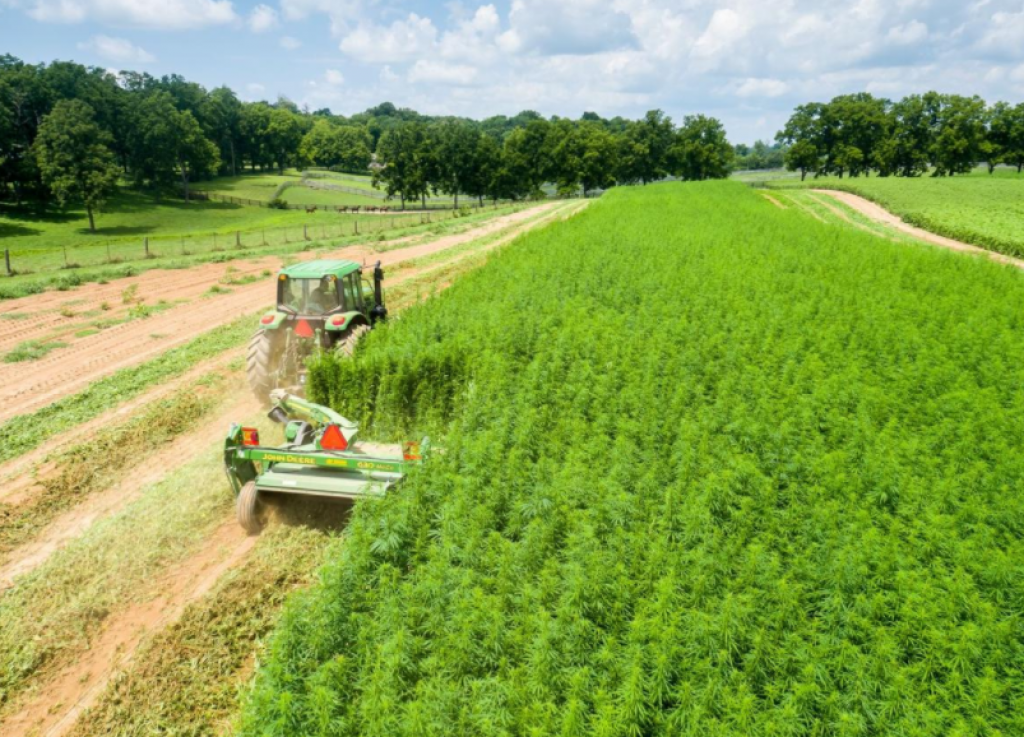No products in the cart.
Blog
A Guide to CBD Hemp Oil Tinctures
Table of Contents
Are you in the market for CBD hemp oil tinctures and wondering where to start? Then you’re in the right place. From dosage level to quality control, there are a lot of factors to consider when shopping for CBD products. Keep reading to find out everything you need to know about CBD oil tinctures.
What Is a CBD Tincture?
Tinctures are highly concentrated extracts that are traditionally made with alcohol. But since alcohol can be irritating to those with health problems, many CBD manufacturers opt to use oils in their tinctures instead, such as grapeseed and MCT.
Tinctures are most often sold in small bottles along with a dropper. They’re designed to be added to food and drink or administered sublingually (under the tongue). Some prefer the sublingual option since it offers faster absorption than eating or drinking. The downside of taking CBD sublingually is that it can have a strong taste, which is why many CBD tinctures include flavoring.
The Difference Between Hemp Oil and CBD Oil

If you’ve ever noticed hemp oil in the aisles of your local grocery store, you might be wondering what sets it apart from CBD oil. For those who are new to the world of CBD, this is a common question, but fear not; it’s actually quite straightforward.
While it’s true that both products are made from hemp, the similarities end there. Regular hemp oil – the kind found in grocery stores – is also known as hemp seed oil, and as its name suggests, it’s extracted from the seeds of the hemp plant. Hemp oil is praised for its nutty flavor and nutritional value, as it’s rich in vitamins, minerals, and essential fatty acids. That said, it contains very little (if any) CBD.
On the other hand, CBD oil is derived from the flowers, stalks, and leaves of the hemp plant, rather than the seeds. Since CBD is used for its medicinal and relaxing properties, the goal during processing is to extract the highest concentration of CBD possible, which is then used in products such as capsules and tinctures.
It’s worth noting that CBD can also be extracted from marijuana, which can lead to confusion surrounding CBD oil and how it’s made. The difference between marijuana-extracted CBD oil and hemp-extracted CBD oil, aside from legality, is that the marijuana-extracted version contains THC. For legal reasons, any CBD oil available to purchase online is made using hemp and contains little to no THC.
What Are the Benefits of CBD Tinctures?
While CBD is available in many different forms, tinctures are popular because of how easy they are to use. The tiny bottle is portable and convenient, and when taken sublingually, tinctures offer a speedy absorption rate and high bioavailability. In other words: CBD tinctures are fast and efficient.
Vaping also offers quick delivery into the bloodstream, but vaping isn’t for everyone. Tinctures are a comparable alternative for those who don’t like vaping or want something a little more low-key. It doesn’t get much easier than a drop under the tongue!
The rapid onset that accompanies a sublingual tincture dose is especially desirable for those in need of immediate pain relief. When administered sublingually, most people experience the effects of a CBD tincture within 15-45 minutes.

How Do I Select a High-quality Tincture?
Did you know that hemp plants were used to remove contaminants from the soil surrounding the 1986 Chernobyl nuclear plant explosion? It’s true! Hemp’s amazing ability to detoxify soil is just one of many benefits this plant has to offer. However, this also means that hemp-derived products may come with unwanted (toxic) guests, such as pesticides and heavy metals.
That’s why it’s crucial to know the signs of a quality CBD product. When comparing different CBD manufacturers, keep an eye out for organic hemp sources. Another way to gauge quality is through 3rd party testing. Reputable CBD suppliers, like Every Day Optimal CBD, use independent testing to certify their product claims regarding purity, dosage, and quality.
How Do I Use a CBD Tincture?
Be prepared for some trial and error when it comes to determining the right CBD dosage. It can take days or weeks for your body to adjust before you experience the full effects. Finding the effective dose for your condition is based on a number of factors including your metabolism and weight, and the dose that works for you may change over time.
To give you an idea, people with sleep disorders find relief at anywhere from 40mg to 160mg CBD daily, while the dosage for chronic pain can range from 5mg-45mg daily. Depending on your medical condition, a higher dose isn’t necessarily going to be more effective.
If you’re new to CBD, it’s recommended to start with a drop under the tongue once per day, and gradually increase your dose from there. Make sure to hold the liquid under your tongue for 30-60 seconds.
Keep in mind that your body will absorb a higher percentage of CBD from a sublingual tincture than from an ingested capsule or edible. In other words, 20mg of CBD in capsule form probably won’t have the same results as 20mg of CBD taken sublingually.
At Every Day Optimal CBD we wide range of tinctures, from 300mg (5mg CBD per dose) up to 4000mg (60mg CBD per dose). Each tincture contains CBD sourced from high-quality organic hemp. They are alcohol-free and contain CBD mixed with organic hemp oil, grapeseed oil, MCT oil, and peppermint flavor.
If you’re curious about other types of CBD products, you’ll be glad to know that Every Day Optimal also offers a wide range of edibles, capsules, and e-liquids for vaping. You can see our full selection of cbd for sale here.

